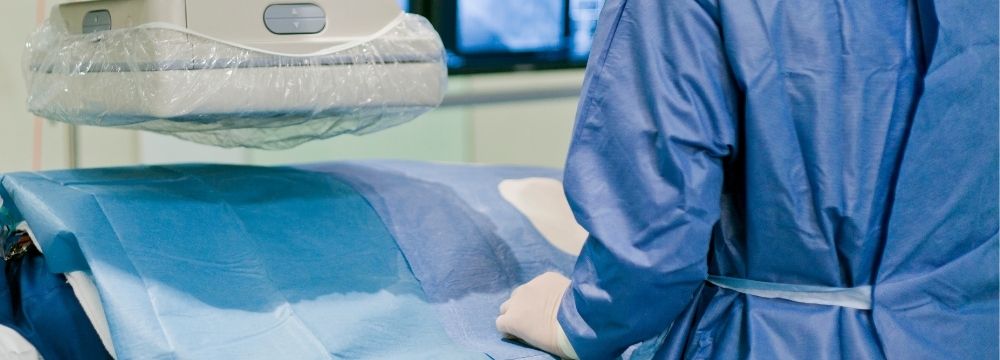When Does an Electrophysiology Study Make Sense?
March 16, 2022

Technology in cardiology and electrophysiology, in particular, have made incredible leaps and bounds over the past several decades. We now treat many conditions that once required open-heart surgery with minimally invasive tools that offer similar results with far reduced risk. One of the tools in an electrophysiologist’s armamentarium is the electrophysiology or EP study.
An EP study is where a minimally invasive catheter is threaded through a small incision in the groin and up to the heart via the femoral vein. However, you may be wondering when and how we get to the need for an electrophysiology study.
When we suspect a patient has Atrial Fibrillation / Afib or other treatable arrhythmias, we take a measured approach toward their care. As part of this approach, we must make a definitive diagnosis. Simple electrocardiograms or EKGs often miss paroxysmal arrhythmias because there is no pattern to their onset or severity. In other words, you may have an EKG today that looks normal, but you may experience an arrhythmic episode tomorrow, next week, or even next month. We can also fit our patients with advanced diagnostic monitors such as Holter monitors, event monitors, and loop recorders which can generate data for up to three years.
If we still have enough evidence to suspect a cardiac arrhythmia after exhausting other diagnostic options, patients may be candidates for a diagnostic procedure in the form of the EP study, performed at an electrophysiology or EP lab. This EP study often confirms what we suspect while offering a three-dimensional map of the heart’s structures and electrical pathways. Dr. Banker may also perform a cardiac catheter ablation or other catheter-based intervention.
Taking the Worry Out of Multiple Procedures
Many patients are rightly concerned about having multiple procedures, one exploratory and a second for treatment. However, the beauty of an electrophysiology study is that we can monitor the heart in real-time, even induce an arrhythmia if necessary, and then perform the catheter procedure without requiring a second lab visit. This means that if you need a cardiac catheter ablation or device implantation, it is often done on the spot and without the need for you to return.
As you can probably tell, the treatment in the management of cardiac arrhythmias has never been so precise or effective as it is today. We encourage you to schedule a consultation with Dr. Banker to learn more about the options available to you.


